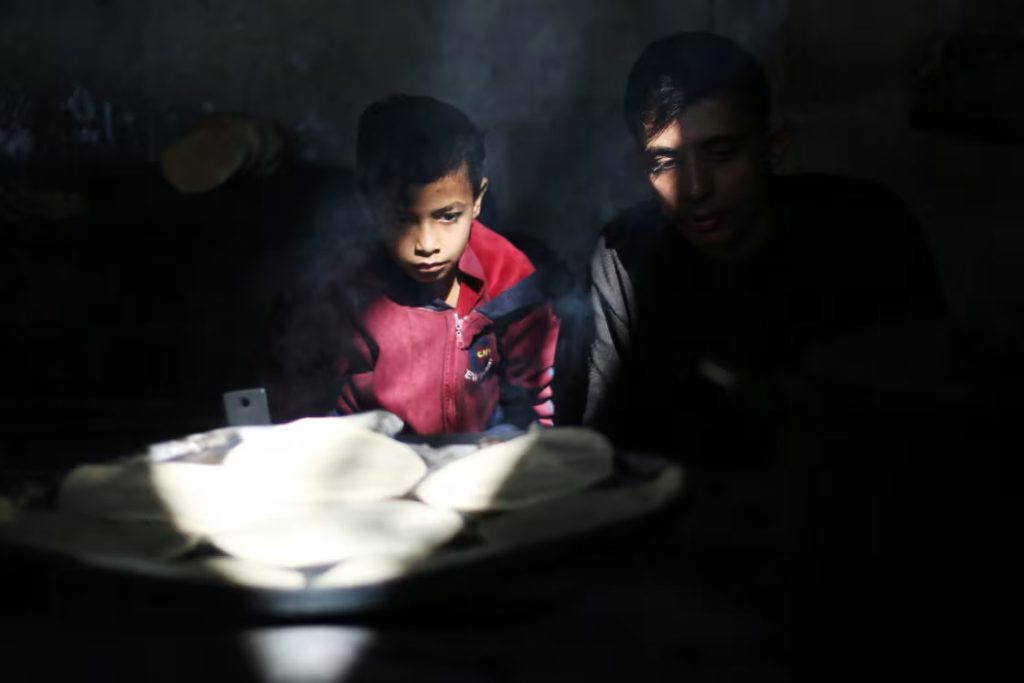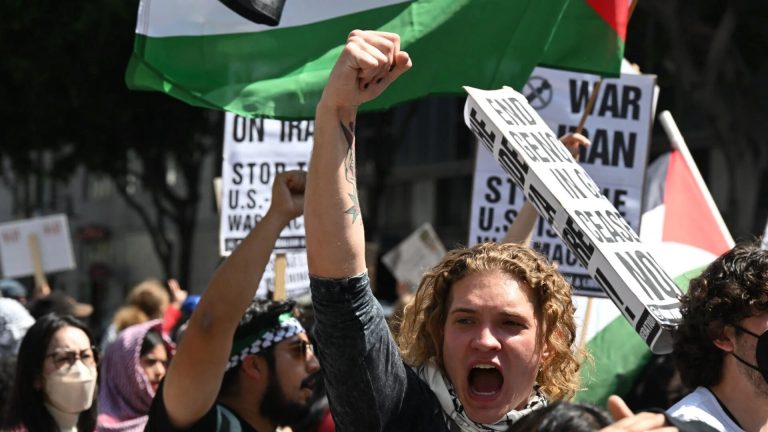At the International Court of Justice, U.N. and Palestinian representatives accused Israel of violating international law by blocking humanitarian aid to Gaza, as hearings began on Israel’s responsibility to enable aid deliveries.
Since March 2, Israel has completely halted the flow of supplies to Gaza’s 2.3 million residents, with food stockpiled during an earlier ceasefire now nearly depleted.
During the opening session, the U.N.’s legal counsel argued that, as an occupying power, Israel has a clear legal obligation to allow and facilitate humanitarian assistance for the people of Gaza.

“In the specific context of the current situation in the occupied Palestinian territories, these obligations require allowing all relevant U.N. entities to operate in support of the local population,” said Elinor Hammarskjöld.
Palestinian representative Ammar Hijazi accused Israel of using humanitarian aid as “a weapon of war,” as Gaza’s population faces widespread starvation.
In response, Israeli Foreign Minister Gideon Saar said Israel had submitted its position in writing and dismissed the hearings as a “circus.”
Speaking in Jerusalem on Monday, Israeli Foreign Minister Gideon Saar accused the International Court of Justice of being politicized and criticized the U.N. for failing to remove members of Gaza militant groups from its Palestinian refugee agency, UNRWA.
“They are abusing the court once again to try and force Israel to cooperate with an organization that is infested with Hamas terrorists,” Saar said. “The goal is to deprive Israel of its most basic right to defend itself.”
The U.N. reported in August that nine UNRWA staff members were believed to have been involved in Hamas’ October 7, 2023, attack and were subsequently dismissed. Israel also claimed that a Hamas commander, confirmed by UNRWA as one of its employees, was killed in Gaza that same month.
The ICJ, also known as the World Court, was tasked in December with delivering an advisory opinion on Israel’s responsibilities in ensuring the delivery of humanitarian aid to Palestinians by states and international organizations, including the U.N.
Israel has maintained that it will not permit the entry of goods into Gaza until Hamas releases all remaining hostages, and it has accused Hamas of seizing humanitarian aid—an allegation the group denies.
“This case is about Israel destroying the fundamentals of life in Palestine, while it blocks the U.N. and other humanitarian actors from delivering life-saving assistance,” said Ammar Hijazi, head of the Palestinian mission to the Netherlands, during the hearing.
International pressure has been mounting. On Friday, former U.S. President Donald Trump said he had urged Israeli Prime Minister Benjamin Netanyahu to allow food and medicine into Gaza. Last week, Germany, France, and Britain also called for the unhindered delivery of humanitarian aid to the territory.
While ICJ advisory opinions are not legally binding and the court lacks enforcement powers, they carry significant legal and political influence. A final opinion is expected in several months following the conclusion of hearings.

